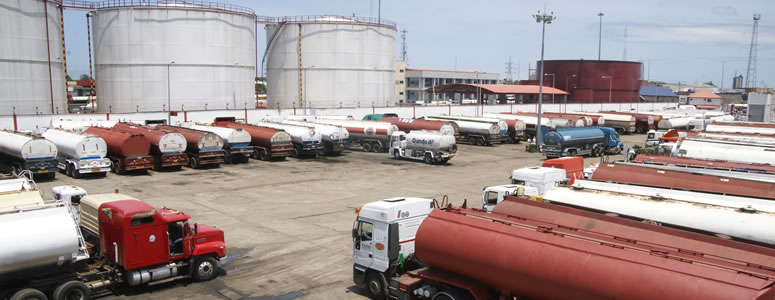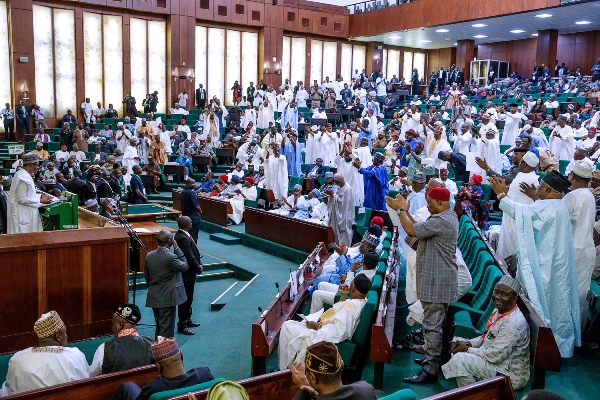
By Tanko Mohammed
After decades as net importer of petroleum products, oil-rich Nigeria is waking up to be an exporter as the country’s private and public refineries gear up for production by 2022.
The Department of Petroleum Resources (DPR) reports that with five built refinery plants and seven in the making, Nigeria will no longer import products, but export.
The Chief Executive Officer of DPR, Mr Sarki Auwalu, said in Lagos on August 31, 2020 when the Minister of Information and Culture, Mr Lai Mohammed, visited the department.
Nigeria, the sixth largest oil producer in the world, has been drilling oil since 1951, and started importing petroleum products when the four state-owned refineries became moribund early 1980s.
The nation which is currently exporting more than 2.4 million barrels of crude oil every day has also been spending a fortune paying subsidy on imported products because of the dearth of refining capacity.
However, Auwalu assured Nigerians that the flow of import would reverse when the new refineries come on stream in the next two years.
He said the target would be achieved through the combined capacity of 375,000 barrels per day from 27 private modular refineries in the making, 650,000 barrels from the Dangote refinery and petrochemicals and the 450,000 barrels from the government refineries which are currently being refurbished.
Specifically, he said the Dangote integrated refinery and petrochemical project with 650,000 barrel per day, biggest in Africa; Waltersmith refinery with 7,000 capacity per day; and others that were almost near completion would come on stream.
Others readying to boost production are the existing four plants in Warri, Port Harcourt and Kaduna owned by the Federal Government through the Nigerian National Petroleum Corporation (NNPC) and the one owned and operated by Niger Delta Petroleum Resources.
Auwalu said that the aspiration of DPR was to grow the oil reserve to 40 billion barrels and gas to 210 trillion cubic feet and the department would grow oil production from its current 2.4 million capacity to three million production capacity and as well reduced cost of production.
“Currently, we have 61 oil prospective licenses, more than 2,000 wells that are producing crude oil and condensate, and we have about 125 wells producing gas.
“We equally have 20 floating, loading and offloading vessels. 28 oil terminals, several float stations and oil and gas processing factories,” he said.
The director said that none of the functional oil facilities stopped work because of Covid-19 pandemic and the country maintained production and export.
The minister had earlier commended the management of DPR for the measures taken to prevent the COVID-19 pandemic from crippling the nation’s economy.
He was also excited that the agency had been able to sustain peace in the host communities of oil producing Niger Delta which had resulted to a halt in pipeline vandalism and restiveness.
“It is not by accident that we have some stability and modicum of peace in that area today. It is because of the policies that have been put in place to continue to engage the communities,” he said.












